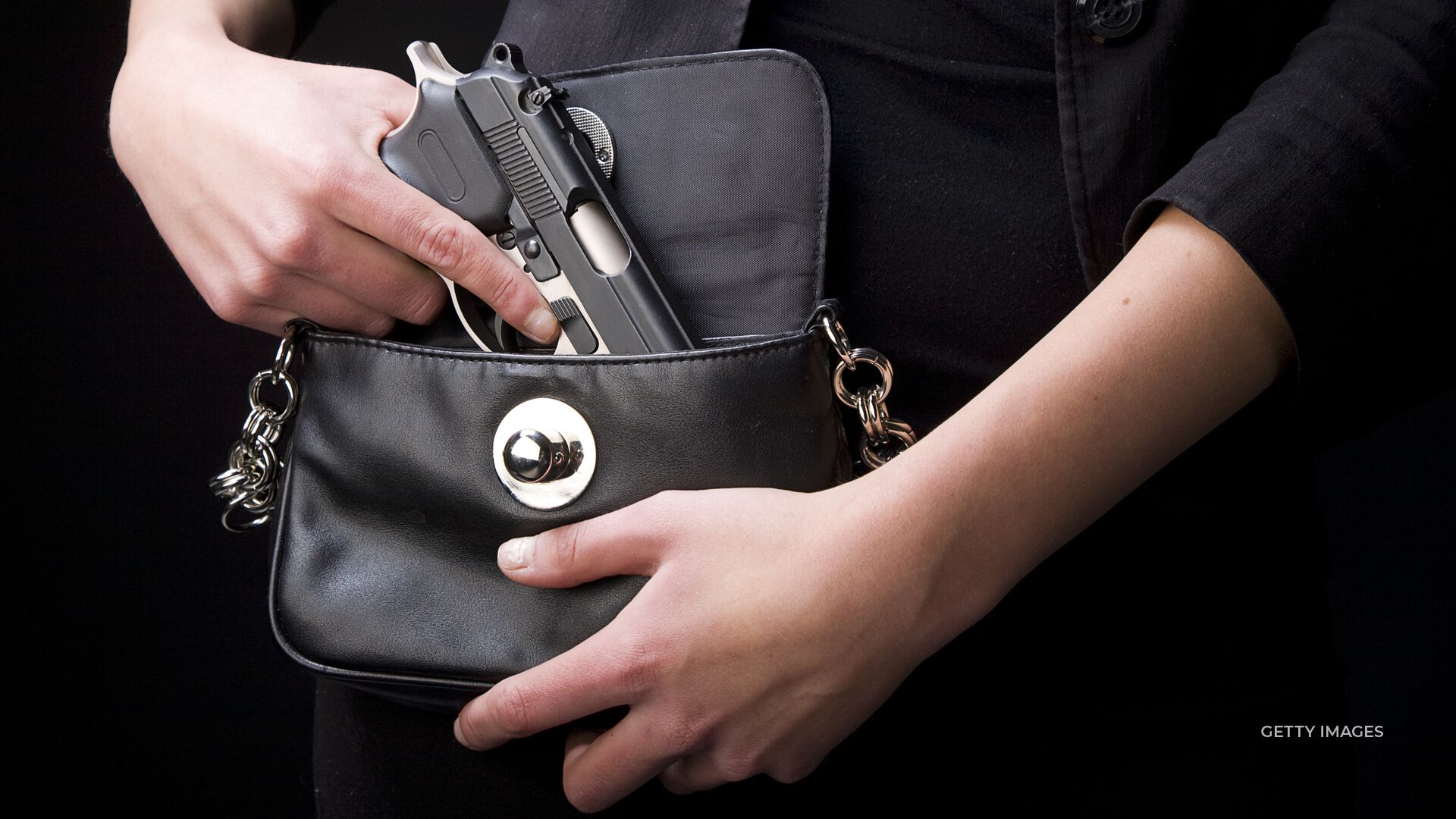
Shannon Longworth: We’re now starting to see some of the fallout from last month’s Supreme Court ruling on concealed carry.
The ruling struck down a New York law that required concealed-carry applicants to show a need for self-defense.
Today — Maryland Governor Larry Hogan directed state police to suspend enforcement of the state’s “good and substantial reason” standard.
Hogan described New York’s now defunct law as quote “virtually indistinguishable from Maryland law.”
As for New York – the state assembly is already rewriting *its* licensing laws.
Gov. Kathy Hochul | (D) New York: “The Supreme Court’s decisions were certainly setbacks, but we view them as only temporary setbacks, because I refuse, as I’ve said from day one, I refuse to surrender my right as governor to protect New Yorkers from gun violence or any other form of harm. We’re not going backwards. They may think they can change our lives with the stroke of a pen, but we have pens too.”
Shannon Longworth: The Supreme Court ruling may also have an impact on more specific bans on what and where people can carry.
In Washington D-C — four men sued the district last week over its Metro transit system gun ban.
The men argued the ban was unconstitutional under the recent ruling.
And in Massachusetts – the state attorney general made a similar announcement to Governor Hogan’s last week.
Authorities there can no longer deny or restrict licenses because they believe the person doesn’t have a “good reason.”
On the heels of the concealed carry ruling – The Supreme Court has ordered lower courts to reconsider bans on large-capacity magazines in New Jersey and California — as well as an assault rifles ban in Maryland.










